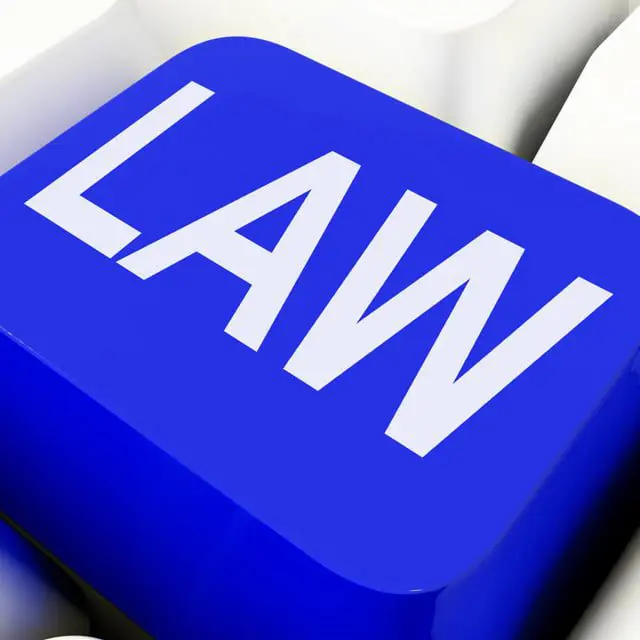In the complex landscape of criminal law, the role of an accessory after the fact is often misunderstood. This status applies to individuals who, knowing a crime has been committed, assist the perpetrator to evade the law. This article aims to clarify the legal implications and responsibilities of being an accessory after the fact, providing a foundational understanding for those implicated and their families.
When someone becomes an accessory after the fact, they are not involved in the commission of the crime itself but become legally culpable by helping the perpetrator after the offense. This assistance can include hiding the criminal, helping to dispose of evidence, or providing false alibis. It is crucial for individuals to understand that such actions carry serious legal consequences, potentially including charges that reflect the severity of the original crime.
Legal jurisdictions typically categorize the actions that define an accessory after the fact differently. Therefore, the penalties can vary significantly, ranging from fines to imprisonment. The sentencing often depends on the nature of the original crime and the accessory’s role in hindering subsequent legal processes. For instance, aiding a felon who has committed a serious violent crime is generally met with harsher penalties than less severe offenses.
For those accused of being an accessory after the fact, it is vital to seek legal advice immediately. A qualified criminal defense lawyer can explain the specific charges and potential defenses. Common legal defenses include lack of knowledge that a crime occurred, no intent to assist the criminal, or being coerced into providing help.
Furthermore, it’s important to discuss the distinctions between being an accessory and other related terms such as an accomplice or a conspirator. An accomplice is typically involved before or during the crime, whereas an accessory after the fact is only involved after the crime has been committed. Understanding these distinctions can significantly impact the defense strategy and the overall outcome of the case.
The role of evidence is also paramount in cases involving an accessory after the fact. Legal professionals must meticulously examine whether there is substantial proof that the accused knew about the crime and chose to provide assistance deliberately. This often involves detailed scrutiny of communications and actions following the crime.
For those facing charges, participating in their defense is crucial. This involves working closely with their attorney to provide all relevant information that could demonstrate their lack of involvement or intent. Documentation, witness statements, and digital evidence can all play pivotal roles in establishing the context of the accused’s actions.
Moreover, public perception and media coverage can influence the proceedings in cases involving high-profile crimes. Individuals charged as an accessory after the fact should be aware of the narrative being formed around their involvement and, where possible, work with their legal team to address misinformation.
In conclusion, being labeled as an accessory after the fact carries significant legal burdens and societal implications. However, with the right legal guidance and an active defense, individuals can navigate these challenges effectively. It is essential for anyone involved in such legal matters to understand their rights fully and participate proactively in their defense strategy.
This detailed exploration aims to equip readers with a deeper understanding of their legal responsibilities and the serious nature of being an accessory after the fact. Engaging with competent legal professionals and acquiring a comprehensive grasp of the law are indispensable steps for anyone involved in or affected by these issues.
















